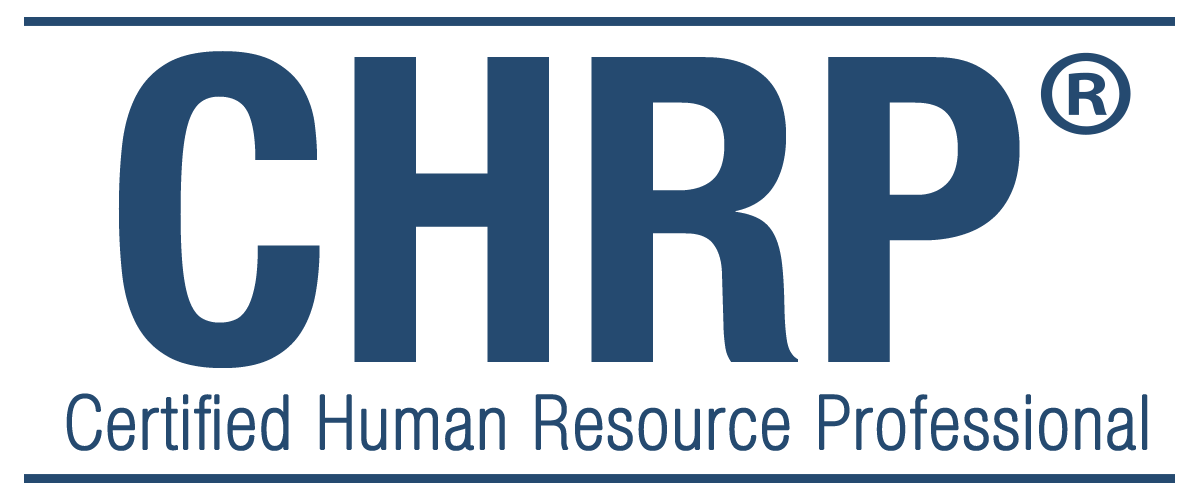Common Body of Knowledge

Common Body of Knowledge for CHRP®
The Common Body of Knowledge for CHRP® serves as a comprehensive framework outlining the foundational knowledge, skills, and competencies required for Human Resource (HR) professionals to excel in their roles. This Common Body of Knowledge encompasses various domains within the field of HR management and provides HR practitioners with a solid understanding of key areas essential for effective HR practice. Below is a detailed overview of the Common Body of Knowledge for CHRP®:
1. Strategic Human Resource Management:
- Understanding strategic planning processes and their alignment with organizational goals.
- Knowledge of organizational development principles and practices to foster growth and effectiveness.
- Ability to analyze internal and external factors influencing HR strategies and decisions.
- Competence in developing and implementing HR strategies that support organizational objectives.
2. Talent Acquisition and Management:
- Familiarity with recruitment and selection methodologies, including job analysis and candidate assessment.
- Understanding of onboarding practices to facilitate new employee integration and engagement.
- Proficiency in talent management strategies, including talent identification, development, and retention.
- Ability to conduct succession planning to ensure organizational continuity and leadership development.
3. Employee Relations and Engagement:
- Knowledge of employee relations principles and practices, including conflict resolution and grievance handling.
- Competence in fostering positive employee relations through effective communication and engagement initiatives.
- Understanding of employee engagement strategies and their impact on organizational performance.
- Ability to promote diversity, equity, and inclusion in the workplace to create a supportive and inclusive environment.
4. Compensation and Benefits Management:
- Understanding of compensation principles and practices, including salary structures and incentive programs.
- Knowledge of employee benefits administration, such as health insurance and retirement plans.
- Proficiency in designing and administering total rewards programs to attract and retain talent.
- Ability to ensure compliance with legal and regulatory requirements related to compensation and benefits.
5. Training and Development:
- Familiarity with training needs analysis methods to identify organizational learning needs.
- Proficiency in designing, delivering, and evaluating training programs to address skill gaps.
- Knowledge of learning management systems (LMS) and other training technologies to facilitate learning delivery.
- Ability to develop career development and succession planning programs to support employee growth.
6. HR Legal and Compliance:
- Understanding of employment laws, regulations, and standards governing HR practices in Malaysia.
- Competence in ensuring compliance with labor laws, workplace safety regulations, and anti-discrimination laws.
- Knowledge of HR policies and procedures to mitigate legal risks and maintain compliance.
- Ability to ethically and responsibly handle confidential employee information and sensitive HR matters.
7. Ethics and Professionalism:
- Adherence to ethical standards and codes of conduct outlined by professional HR organizations.
- Commitment to upholding integrity, honesty, and fairness in all HR practices and decisions.
- Promotion of ethical behavior and professionalism within the HR profession and organizational culture.
- Continuous professional development and lifelong learning to stay updated on emerging trends and best practices in HRM.
By mastering the Common Body of Knowledge for CHRP®, HR professionals can demonstrate their proficiency and competence in key areas of HR management, contributing to organizational success and driving positive change within their organizations.
